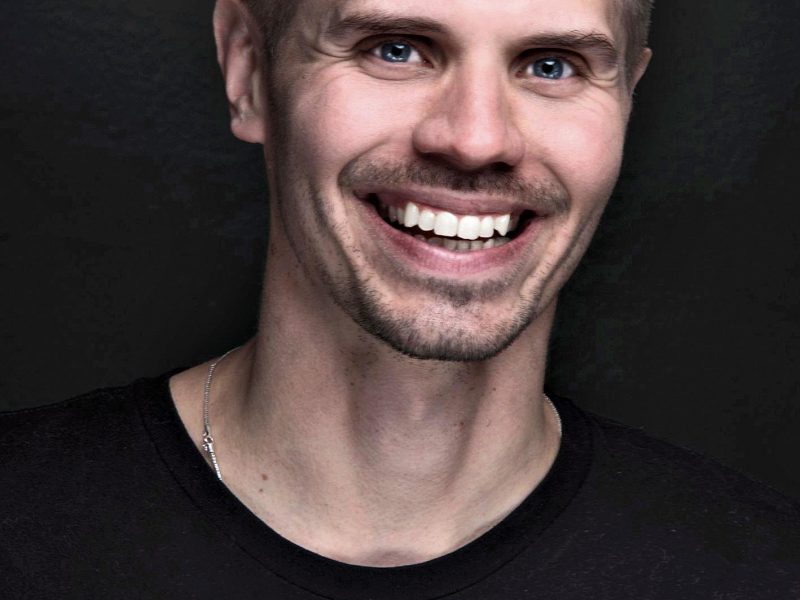
Growing up is hard to do
Growing up has always been hard to do. But these days it seems more difficult than ever. Unacceptably high rates of addiction, suicide, anxiety, depression are all compelling reasons to review where we stand as parents, and why so many kids seem to be faltering out of the gate into adult life.
All too often in my practice, I meet parents who are paralyzed by fear and sentimentality about childhood. That, combined with earlier onset of puberty and unclear boundaries for adulthood, allow for a bigger vortex of teenage trouble. Parents stuck in protection mode tend to fail to prepare their kids for launch. It is common for Mom and Dad to seek ‘ease’ for a child and, in turn, those children rarely feel the rewarding feelings that come from ‘effort’.
Parent is a verb, not a noun.
At its core, parenting is the action we take to prepare our kids for when we are not there. Kids need experiences, beyond being smart or athletic, that calibrate the internal compass. Without alternative outlets for growth and expression, dissent can become their only demonstration of growing up. Well-timed interactions with the real world create personal expectations and avenues for an adolescent to develop “adult capabilities.”
Chronological age can be a misleading mile marker on the way to maturity. Too often kids can develop a ‘pseudo adulthood’ based on sex, driving and credit cards…a disaster waiting to happen.
But we know that achieving a certain age does not guarantee adult capabilities. The output of one stage in childhood development becomes the building blocks for the next stage. Competence is a powerful motivator for young people. Becoming an adult is a process, not a decision.
It is in a child’s DNA to break our rules and become their own person. Running away is easy. Running toward something is a whole different journey. Parents can make a big difference in what a young person packs for the trip. The rules will change along the way but good judgment, accountability, and critical thinking are a must.
$how Them the Money
Most kids are convinced that ATMs are magical money trees. Countless young adult lives go off track due to financial missteps. Earning money is the simple part of the equation. Easy credit and the complexities of 21st century personal finance make keeping money the bigger challenge. Kids need basic financial knowledge. Take the time to explain concepts like finance charges and credit scores. By demystifying personal finance, you will make them more likely to ask questions and build on their knowledge base further down the road. Taking responsibility for opening an account and signing on the line gives them a sense of being in charge of themselves and participating in the future.
Listen!
Many parents find themselves barking out orders to their kids. A tween constantly under threat of not being heard will remain defensive and reactive. Take the time to teach your child not only how to speak up, but how to listen. It is crucial that we model that skill by giving them ample opportunity to craft and express their opinions and ideas without judgment. In turn, they will enter the world confident that their thoughts have value. Being comfortable with the dynamic of exchanging ideas is critical for building an adult identity outside the home. Listening to children now will prepare them to do the same for others in the future…maybe even you.
Work/ Volunteer
Too often we associate work with making money only. Opportunities for kids to be productive lead to so much more than a paycheck. Kids in the workforce are getting skin in the game. Away from the watchful eyes of Mom and Dad, junior is compelled to prioritize, organize time, and feel dependable in the outside world. Problem solving and personal effort help create a sturdy identity. Pausing the perpetual madness of building “winners” is a way to give kids tools to build a life.
Your child may not be currently running for prime minister, taking out a mortgage, or preparing to perform the next TED Talk, but the ability to respond when the stakes are high depends on his or her experiences when the stakes are low. Early experiences that provide a foothold in adulthood will have a big payoff later in children’s lives (as well as your own).
Tricia Ferrara, M.A., is a licensed professional counselor, parenting strategist and television commentator on childcare and mental health.Parenting 2.0: Think In The Future, Act In The Now is currently available in paperback and e-book.Find Tricia on Twitter, YouTube and her website: http://triciaferrara.com/






